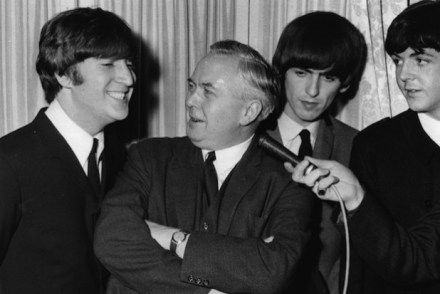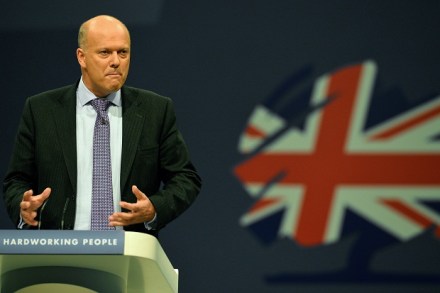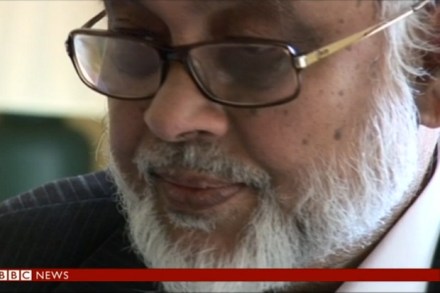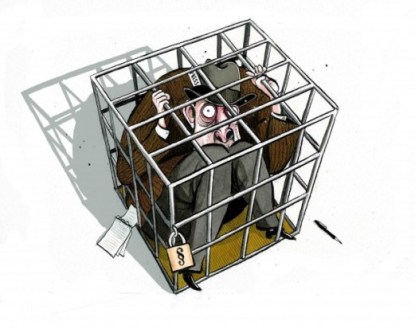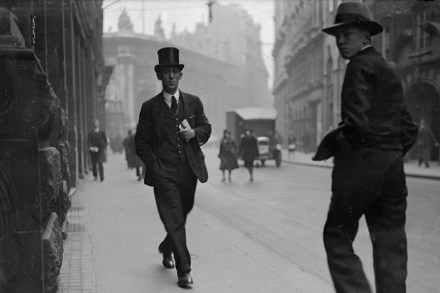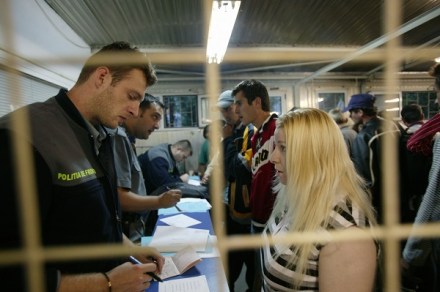Douglas Carswell, crime fighter
Mr S has long admired Essex Tory MP Douglas Carswell. Not only does the rebel with a cause bring a fascinating aspect to the political debate, it also turns that out the lawmaker fights lawbreakers: Just chased and caught a shop lifter in Clacton…, waiting for police — Douglas Carswell MP (@DouglasCarswell) January 24, 2014 This will do wonders with his local paper. One less vote, though. PS: General Boles – or Bright Blue Boles, as he styles himself now – has produced the marvellous picture above.







